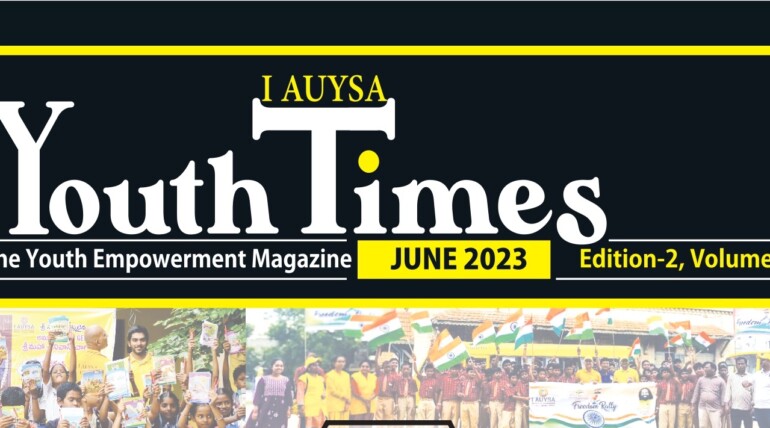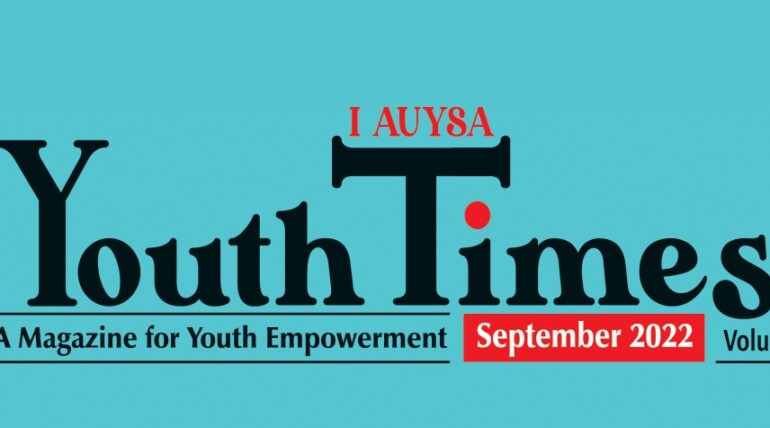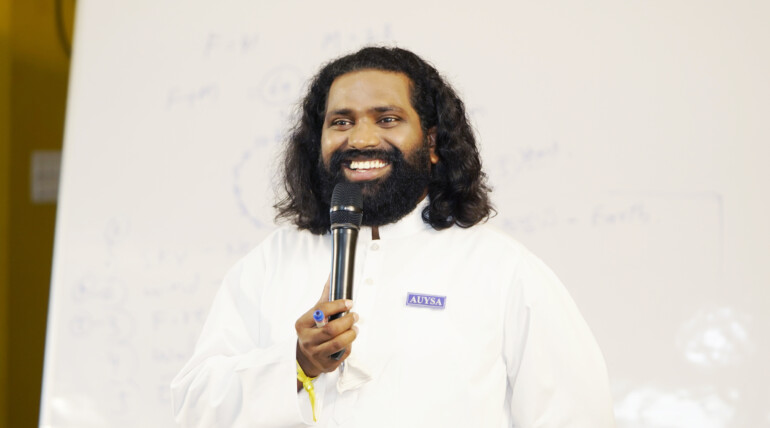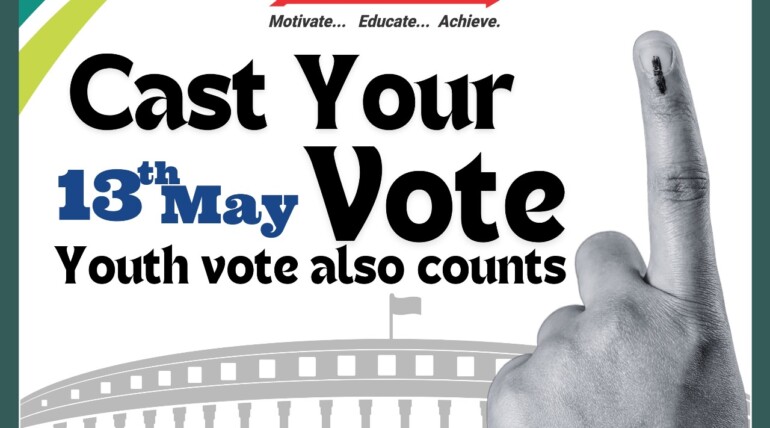
I AUYSA Wishes you all a Very Happy 74th Republic Day on this day of 2023 as Jan 26th of every year being celebrated as Republic day as the Constitution of India Came into effect in 1950, though India got independence on 15th August 1947
Need of the Constitution:-
Generally, Republic means form of government in which a state is ruled by representatives of the citizen body. In other sense, it’s a power held by the citizens to form the government by electing the representatives on their behalf which can also be called as Democracy which is highly substantiated as government formed by the people, of the people, for the people.
Once the Nation becomes Independent, governance of the nation and its citizens is the question of that hour. Being an independent nation and citizen of the country, one should have a sense of responsibility towards the duties which in-turn requires rights and powers to perform those duties with set of rules and regulations. Those set of rules and regulations which includes powers, rights, duties along with the administration structures and operating procedures of executive, legislature, Judiciary systems framed collectively to govern the nation will be called as the Constitution. The Constitution of India is the Supreme Law that contains all such directive principles in the form of articles and Schedules so as to guide the people of the country for smoothing functioning of every system in the country.
Components of the Constitution:-
The Constituent Assembly formally began its task of framing the Constitution of India on the 13th of December, 1946 with Jawaharlal Nehru moving the Objectives Resolution. The purpose of the resolution was to “… proclaim India as an Independent Sovereign Republic and to draw up for her future governance a Constitution…” The resolution put forth broad principles that would inform the working of the Constituent Assembly. The Constituent Assembly adopted the resolution on 22 January 1947. The Constitution of India came into force on 26th January, 1950 under the supervision of BR Ambedkar, who has contributed significantly to make the nation witness. At the time of its adoption, the Constitution contained 395 Articles and 8 Schedules and was about 145,000 words long, making it the longest national Constitution to ever be adopted. Every Article in the Constitution was debated by the members of the Constituent Assembly, who sat for 11 sessions and 167 days to frame the Constitution, over a period of 2 years and 11 months. The Articles are grouped into 22 different parts, which reflects how they are organized in the text of the Constitution of India, 1950. The Schedules to the Constitution, which are now 12 in number, elaborate on government policy or rules in relation to specific Articles of the Constitution. Each Schedule in this section is mentioned with the corresponding Article(s) for ease of understanding.
Preamble –
Parts:-
| Part 1 – The Union and its Territory | Part 11 – Relations between the Union and the States |
| Part 2 – Citizenship | Part 12 – Finance, Property, Contracts and Suits |
| Part 3 – Fundamental Rights | Part13- Trade, Commerce & Intercourse within the India |
| Part 4 – Directive Principles of State Policy | Part 14 – Services Under the Union and the States |
| Part 4A – Fundamental Duties | Part 14A – Tribunals |
| Part 5 – The Union | Part 15 – Elections |
| Part 6 – The States | Part 16 – Special Provisions Relating to Certain Classes |
| Part 7 – The States in Part B of the 1st Schedule | Part 17 – Official Language |
| Part 8 – The Union Territories | Part 18 – Emergency Provisions |
| Part 9 – The Panchayats | Part 19 – Miscellaneous |
| Part 9A – The Municipalities | Part 20 – Amendment of the Constitution |
| Part 9B – The Cooperative Societies | Part 21 -Temporary, Transitional and Special Provisions |
| Part 10 – The Scheduled and Tribal areas | Part 22 – Short Title, Commencement, authoritative text in Hindi and Repeals |
Schedules:-
| First Schedule | Articles 1 and 4 | Seventh Schedule | Article 246 |
| Second Schedule | Articles 59(3), 65(3), 75(6), 97, 125,148(3), 158(3), 164 (5), 186 and 221 | Eight Schedule | Articles 344(1) & 351 |
| Third Schedule | Articles 75(4), 99, 124(6), 148(2), 164(3), 188 and 219 | Ninth Schedule | Article 31B |
| Fourth Schedule | Articles 4(1) and 80(2) | Tenth Schedule | Articles 102(2) & 191(2) |
| Fifth Schedule | Article 244(1) | Eleventh Schedule | Article 243G |
| Sixth Schedule | Articles 244(2) & 275(1) | Twelfth Schedule | Article 243W |
BR Ambedkar has quoted that “Democracy is not merely a form of government. It is primarily a mode of associated living, of conjoint communicated experience. It is essentially an attitude of respect and reverence towards fellow men.”
In order to inculcate same mindset among the youth of the nation towards the fellow beings, I AUYSA has been established by His Excellency SP MAESTRO to guide youth in all the directions of the youth such as Personal Life, Professional Life, Family Life, Social Life and Truthful Life.
- For overall development of youth,
- I AUYSA is conducting Social & Service Oriented Activities and Youth Empowerment Sessions:
- To cultivate Patriotism among the Young minds
- To promote the sense of service and responsibility towards the interests of the nation
- To develop the sense of love and reverence towards the neighbors and the people of the country
- To make youth understand the fact that, Nation is nothing but the citizens of country and Unity is the only solution to maintain harmony within the country.
- To Promote human values among the Youth
- To Teach the History of the nation and Sacrifices of our forefathers
- To make the youth a better citizen of the nation
- To understand basic preamble, rights, duties, and other things as mentioned in the constitution
- To Develops the following attributes in youth to make them a proud and responsible citizen such as Personality Development, Leadership Qualities, Concentration, Memory Power, Understanding Power, Logic & Reasoning, Creativity, Self-confidence, Time Management, Discipline, Goal Setting, Healthy Relationships, Ideal Personality and Balanced Life to have an absolute experience of Peace, Contentment, Love, Happiness, Success and Scientific Outlook towards themselves, thy neighbors, fellow citizens and towards the nation and interests of the nation.
On a practical note, The Constitution can be considered as the Holy Book of the Nation to its Citizens. Freedom in mind, Faith in our heart, Strength in the words, Pureness in our blood, Pride in our souls, zeal in our hearts. Let’s salute our India on Republic Day. Once again Happy Republic Day!
